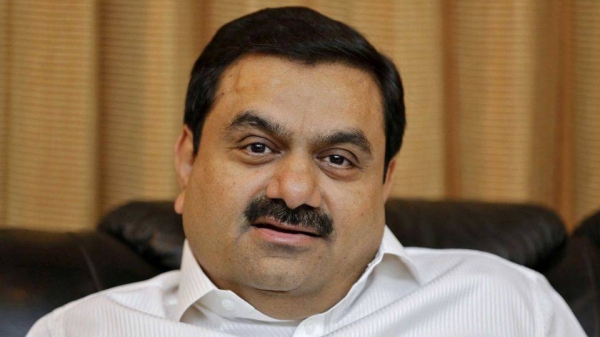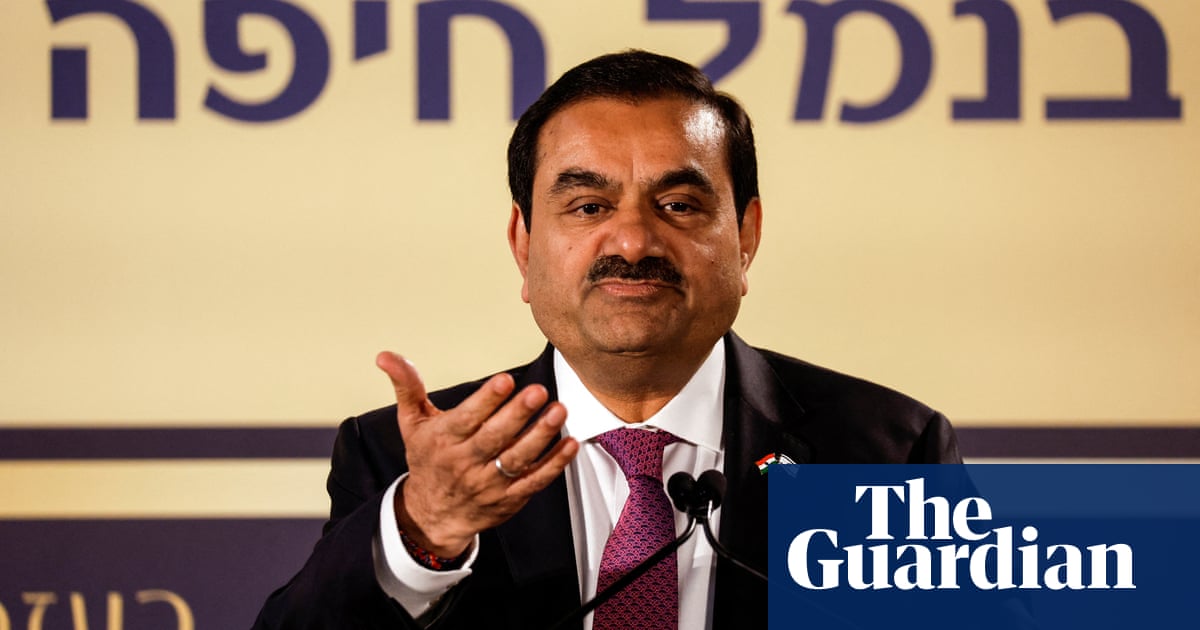
Indian billionaire Gautam Adani on Wednesday abandoned a deal to raise $2.5 billion from investors after a week-long meltdown in the value of his logistics and energy business empire that started when an American short seller accused the conglomerate of fraud.
The share sale — the largest offering by a company already listed on India’s stock market — had closed successfully just 24 hours earlier. His flagship company, Adani Enterprises, had found enough willing backers despite days of market turmoil following the publication of a scathing analysis by Hindenburg Research.
But a brutal day of trading Wednesday wiped billions more off the value of his companies, including Adani Enterprises. The conglomerate has seen its value plunge by about $90 billion since the Hindenburg report was published. So Adani reversed course, announcing his decision in a stock exchange filing after 10 p.m. local time.
“Today the market has been unprecedented, and our stock price has fluctuated over the course of the day,” Adani said in a statement. “Given these extraordinary circumstances, the company’s board felt that going ahead with the [share] issue will not be morally correct,” he added.
Adani Enterprises, whose stock crashed nearly 30% on Wednesday, said it was working with its bankers to refund investors who had committed to buy the new shares.
The U-turn is a huge setback for one of India’s most prominent industrialists. Just a week ago, his sprawling group was worth about $200 billion, making him Asia’s richest man by a big margin. At one point last year, he even overtook Jeff Bezos to become the second-biggest billionaire in the world.
But on Wednesday, Adani’s net worth — $72.1 billion — placed him as the second wealthiest man in Asia, according to the Bloomberg Billionaire Index. The index indicates Mukesh Ambani, with a fortune of $81 billion, is Asia’s richest man.
Adani is one of the largest coal producers in India, and operates the controversial Carmichael Coal Mine in Australia. He has also been investing billions of dollars in clean energy, an ambition that aligns with India’s long-term climate goals, and has recently expanded into media, data centers, cement production and airports.
The 60-year-old college dropout is seen as a close ally of Indian Prime Minister Narendra Modi, and investors have been betting on his ability to grow his businesses in sectors that the government has prioritized for development. Shares in some of his companies have soared 1,000% over the last few years.
Adani had largely managed to shrug off previous suggestions that his group had become overextended by taking on too much debt during a period of rapid growth.
Then the Hindenburg report landed.
The research firm accused the Adani Group of companies of “brazen stock manipulation and accounting fraud scheme over the course of decades.” It said it had taken a short position in some of Adani’s US-listed securities, meaning it would benefit from a drop in their value.
Adani immediately denounced the report as “baseless” and “malicious,” and has said it is considering legal action.
In his statement Wednesday night, the Indian industrialist said the decision to refund investors the money they had just committed would have no impact on the group’s existing business or its future plans.
“Our balance sheet is very healthy with strong cashflows and secure assets, and we have an impeccable track record of servicing our debt,” he said. “We are very confident that we will continue to get your support. Thank you for your trust in us.” — CNN











